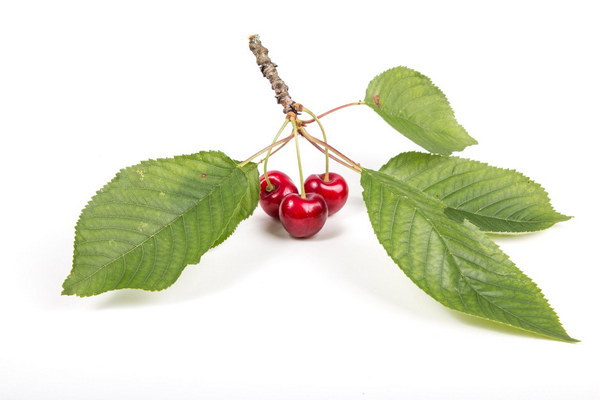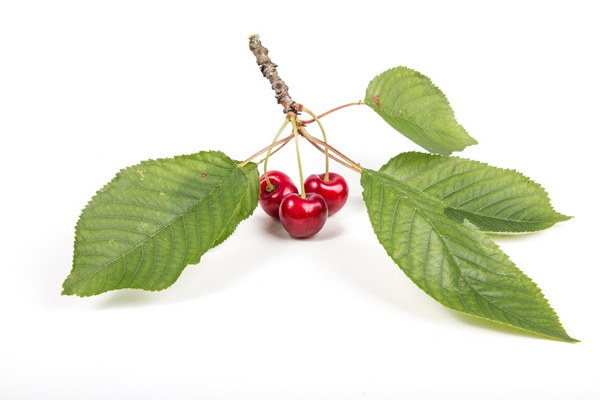How Air Conditioners Can Be a Fall Moisture Wiper A Guide to Dry and Comfortable Living
As the vibrant colors of autumn begin to paint the landscape, it's easy to get caught up in the beauty of the season. However, with the change in weather, humidity levels can skyrocket, leading to a damp and uncomfortable environment. This is where air conditioners can step in as a silent hero, effectively tackling the moisture issue during the fall season. Let's delve into how air conditioners can be a fall moisture wiper and ensure a dry and comfortable living space.
Understanding the Role of Humidity in Fall
Fall is a transitional period when humidity levels can vary significantly. While the temperature starts to drop, moisture in the air doesn't follow suit. This results in a phenomenon known as fall humidity, which can lead to several issues:
1. Mold Growth: High humidity creates an ideal breeding ground for mold, which can trigger allergies and respiratory issues.

2. Musty Odors: Dampness can lead to unpleasant odors that permeate your home.
3. Increased Energy Bills: Excess moisture can lead to condensation on windows and walls, requiring more energy to heat your home.
4. Discomfort: Excessive humidity can make you feel clammy and uncomfortable, even when the temperature is cooler.
How Air Conditioners Combat Fall Moisture
Air conditioners are not just for summer. Modern AC units are designed to handle a range of temperatures and humidity levels, making them perfect for the fall season. Here's how they help in combating moisture:
1. Dehumidification: Air conditioners have a dehumidification function that removes excess moisture from the air. As the cold air from the unit circulates through your home, it absorbs moisture and then releases it outside.
2. Cooling Effect: The cooling effect of air conditioning not only reduces the temperature but also helps in lowering the humidity levels, as cooler air can hold less moisture.
3. Air Filtration: Many AC units come with a filter that captures dust, pollen, and other allergens, reducing the chances of mold growth.
4. Reduced Condensation: By maintaining a consistent temperature, air conditioners help prevent condensation on windows and walls, thereby reducing the risk of mold and musty odors.
Tips for Using Air Conditioners in Fall
To make the most of your air conditioner during the fall season, consider the following tips:
1. Adjust the Thermostat: Keep the thermostat set to a comfortable temperature and not too low to prevent condensation and moisture buildup.
2. Regular Maintenance: Clean or replace the air filter regularly to ensure proper air circulation and prevent dust and mold from accumulating.
3. Use a Humidistat: A humidistat can help you maintain the ideal humidity level in your home, ensuring comfort and reducing the risk of mold growth.
4. Seal Air Leaks: Check for air leaks around doors, windows, and other openings to prevent warm, moist air from entering your home.
Conclusion
As the fall season arrives, don't let humidity take over your living space. Embrace the versatility of your air conditioner as a fall moisture wiper, ensuring a dry, comfortable, and healthy environment for you and your family. With proper usage and maintenance, your air conditioner can be a valuable asset during this beautiful but potentially damp season.









